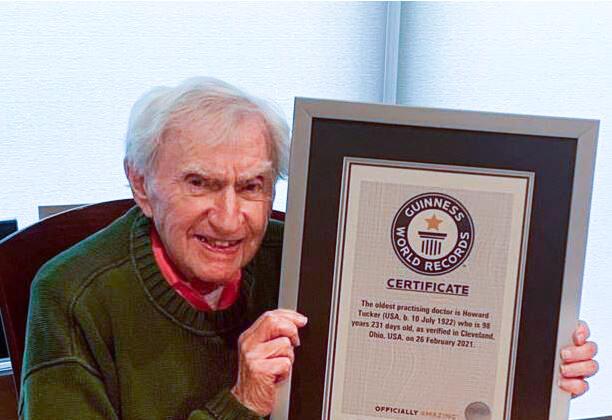Reducing Cancer Incidence
According to figures released by the World Health Organization in February 2022, cancer is one of the leading causes of death worldwide. In 2020, nearly 10 million people died from various types of cancer.According to the research, an increase of 25 grams of soy and 10 milligrams of soy isoflavones per day was associated with a 4 percent reduction in cancer risk, and the higher the intake of soy isoflavones, the lower the risk of cancer.
Among beans, the highest isoflavone content is found in black beans, but since black beans are so low in production, all isoflavones sold on the market are derived from soybeans. Studies have confirmed that soy isoflavones can balance female hormones and have a good effect on the prevention and treatment of women’s menopausal syndrome and gynecological cancers.
Reducing Blood Pressure
Soybeans are rich in potassium—up to 150 milligrams per 10 grams of soy. Potassium can promote the excretion of sodium salt. For patients with hypertension, eating tofu, soy milk, miso soup, and other soy foods can help stabilize blood pressure.
Li explained that a cup of soy milk made from the above materials contains 8 grams of dietary fiber, which is a good intake for the elderly, children, those who eat mostly takeaway or fast food, and people who have difficulty eating a large number of vegetables. Whether for colorectal cancer prevention or to improve benign polyps in the large intestine, double soy milk is a good breakfast option.
Double soy milk also has the effect of clearing blood vessels, said Li, who described the blood vessels as “the road,” and the soybean as “road cleaner.” What’s more, anthocyanin in the black beans can clean the “alley.” Peanuts can bring good oil to the body. Those who are allergic to peanuts or do not like their smell can replace them with their favorite nuts.
In addition, the natural lecithin in soy can remove cholesterol attached to blood vessel walls, and prevent the hardening of blood vessels and cardiovascular disease so as to protect the heart.
Lecithin is a good source of choline, which is a key nutrient for brain functioning. It is also associated with acetylcholine, our internal information transmitter. A lack of choline may affect the normal functioning of thoughts, reactions, and memory.

Justin Lin, director of Singing Praises Traditional Clinic in Taiwan, said that in Eastern cultures, soy milk is customary for breakfast.
“Besides dried bean curds and tofu, it is also eaten as a drink or dessert,” he told The Epoch Times on March 12.
Lin suggested adding some soybeans when cooking rice: Not only will the rice become chewy, but it will also have a light bean flavor, which is beneficial for digestion.
Take Soybeans Correctly to Avoid Side Effects
According to the Compendium of Materia Medica, an ancient Chinese medical book, soybean is “sweet, warm, nontoxic … beneficial to the large intestine, [and can] eliminate the poison of swelling.” However, be careful not to consume too much if consumed directly, because “excessive taking [of soybeans] can obstruct qi, generate phlegm, make one cough, make the body heavy, make one’s face yellow and grow sore scabies.”Lin warned that raw soybeans contain harmful ingredients such as trypsin inhibitors, saponin, and red blood cell lectin. Those who eat them uncooked are prone to food poisoning symptoms such as dizziness, nausea, vomiting, and diarrhea.
Does Soy Cause Feminization in Men?
Despite concerns that the phytoestrogens (isoflavones) in soy may feminize men, extensive clinical data show that neither soy foods nor isoflavones affect testosterone and estrogen levels in men.The study searched the PubMed and CAB Abstracts databases between 2010 and April 2020, and analyzed 41 clinical data to determine whether soy or isoflavone intake affects TT, FT, E2, E1, and sex hormone binding globulin (SHBG).
TT and FT levels were measured in 1753 and 752 men, respectively; E2 and E1 levels were measured in 1,000 and 239 men, respectively, and SHBG was measured in 967 men. The study found that regardless of the statistical model, no significant effects of soy protein or isoflavone intake on any of the outcomes measured were found.
Are Genetically Modified Soybeans Bad for Your Health?
Currently, 90 percent of soybeans grown in America are genetically modified (GM). Concerns have been raised about whether GM soybeans are harmful to the body.Due to the relative newness of GM foods, there are not enough long-term observations from studies of human consumption of GM foods to make a definite conclusion.




